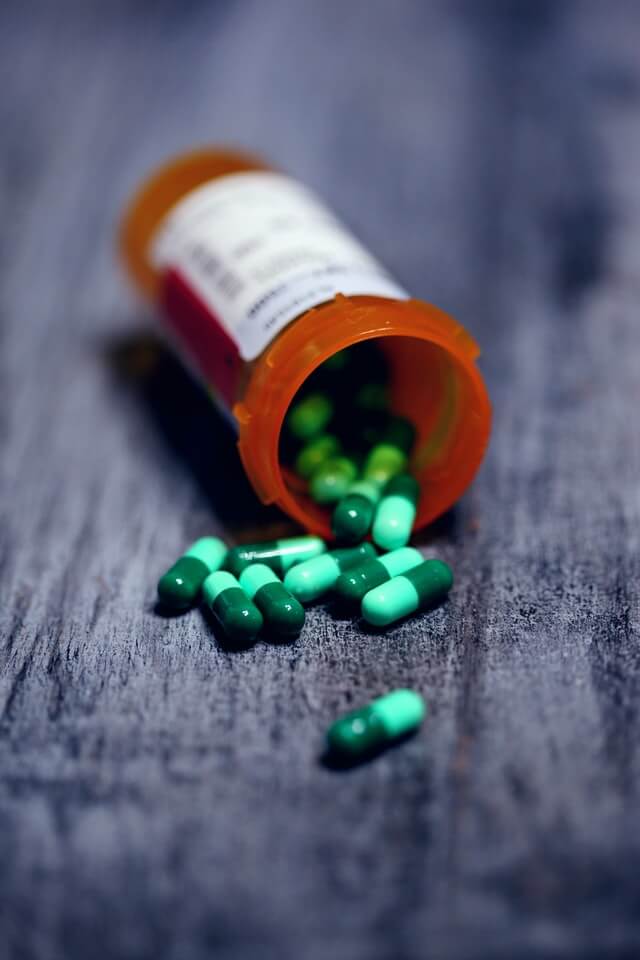The terms drug dependence and drug addiction are sometimes used interchangeably, but they are actually two different responses to drug use. Substance use starts off as something recreational, or in an effort to assuage the mental or physical pain. It becomes an addiction when you seek out the drug to the detriment of everything else in life. Family, work, or school obligations are pushed aside in favor of the next high. You might even recognize the negative effects it’s having on you but is unable to stop. Physical dependence describes the way your body adapts to the drug. You might require more of it to achieve a certain effect, which is called drug tolerance, or you might suffer withdrawal (drug-specific physical or mental symptoms) if drug use is abruptly stopped.
Most people, when they begin using a drug, believe that they can quit at any time. The truth is that after a long period of use, it becomes more a question of biology than willpower. Long-term drug use results in changes to the brain, including poor impulse control, which leads people to continue using even if they know it’s harming them. This is one of the reasons why proper treatment is so important. Triggers are everywhere, whether they’re related to stress, family problems, medical problems, or even just seeing people you used to do drugs with. Without therapy, your brain has less chance of re-learning how to avoid temptations.
Addiction and dependence often start with tolerance. When you become tolerant of a drug, it takes more of it to achieve the same effects as when you first started using. Dependence develops when the neurons in your brain adapt to the repeated drug exposure to the point where they can only function normally in the presence of the drug. When the drug use is stopped, withdrawal occurs. Consider the first time you ever tried a cup of coffee. It probably gave you a good deal of energy and maybe even made you a bit jittery. What if you decided you liked that energy boost so much that you began drinking more and more until you were up to a couple pots a day? A single cup isn’t going to have much of an effect on you anymore, and if you suddenly decided to stop caffeine altogether, you’d experience some fairly unpleasant side effects like headaches and irritability. It’s the same with other drugs, only if you build up enough of a tolerance for heroin, the withdrawal symptoms might include everything from hallucinations to seizures and even death.
Addiction can occur without physical dependence. A person may be able to quit cocaine or methamphetamine without anyone around them noticing physical withdrawal symptoms. Similarly, dependence can occur without addiction. For example, Lexapro, a common prescription medication for depression and anxiety, is considered non-addictive, but if you stop taking it suddenly after a long period of use, you might experience irritability, agitation, and a variety of other side effects.
If you or a loved one need help to quit drugs or alcohol, consider Asana Recovery. We offer medical detox, along with both residential and outpatient programs, and you’ll be supervised by a highly trained staff of medical professionals, counselors, and therapists. Call us any time at (949-438-4504).



